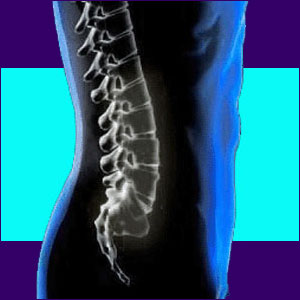
Rheumatoid arthritis treatment is the specialty of rheumatologists and usually revolves around the use of pharmaceutical products, with few other effective options available. RA treatment is not known for being particularly successful, but it is known for enacting a variety of potentially serious side effects which may even be worse than the arthritic expression in some patients. This fact makes the RA therapy sector sound a lot like another condition focused upon by rheumatologists: fibromyalgia.
This essay examines the most common treatment options for rheumatoid arthritis, as well as some very effective alternative approaches to care.
Rheumatoid Arthritis Treatment Options
The basic treatment path typically offered by traditional medical science is a combination of a powerful cocktail of drugs and usually some physical therapy to maintain function and mobility.
Drugs fall into several categories with the usual anti-inflammatories and pain management pills being used in abundance. At least in the case of RA, there actually is inflammation to deal with, unlike so many other back pain conditions which do not involve any inflammation at all, but are still treated with these drugs.
The other types of drugs used are specialized formulas called DMARDs (disease modifying anti-rheumatic drugs). These are geared towards slowing the progression of the disease and preventing permanent damage to joints in the body.
RA Treatment Risks
Some rheumatologists should simply open their own pharmacies, since all they seem to do is dispense drugs. Worst of all, many of the drugs used are unproven and unsafe, whether they be for RA, fibromyalgia, lupus or any of the vast number of inflammatory autoimmune disorders.
Researching the history of rheumatology, it seems that symptomatic treatment is the only real choice given to most patients and the risks of said therapy can be incredible. Virtually every one of the typical RA treatments has inherent and significant health effects of known and unknown origins, but what choice is there?
However, in combination, these powerful cocktails of drugs may well produce symptoms which can make some patients wish for their pain back, since the interactions and complications of long-term drug therapies can be considerable. It is a lose/lose situation for many patients, but certainly a huge win for the drug companies and the rich doctors they pay to prescribe their products.
Rheumatoid Arthritis Treatment Help
I know rheumatoid arthritis is a difficult condition to bear and just as difficult to treat. However, I also know that some alternative therapies have been particularly effective with RA and some have a better track record than the drugs, without any of the risky health effects.
One alternative treatment, proposed by Dr. John Sarno, and other exponents of mindbody medicine, is knowledge therapy. In most patients, this treatment will not generally cure rheumatoid arthritis, but can reduce the severity of the condition. Like all autoimmune disorders, there is likely to be a considerable mindbody component to the disease and the possibility of the entire condition being psychogenic has been raised by a few experts in the field.
Knowledge therapy may reduce the underlying causative emotional imperative which is generating symptoms. Patients certainly have nothing at all to lose by trying, as there are no risks or inherent costs.
Other doctors focus on alternative medicine in the form of dietary alteration, intensive exercise programs or other methods. Unfortunately, results are typically unpredictable and may rely heavily on placebo to be effective to any significant degree. Be sure to discuss all possible therapy choices with your doctor before beginning a program of RA treatment and understand the risks and possible rewards of each.
Back Pain > Rheumatoid Arthritis > Rheumatoid Arthritis Treatment





